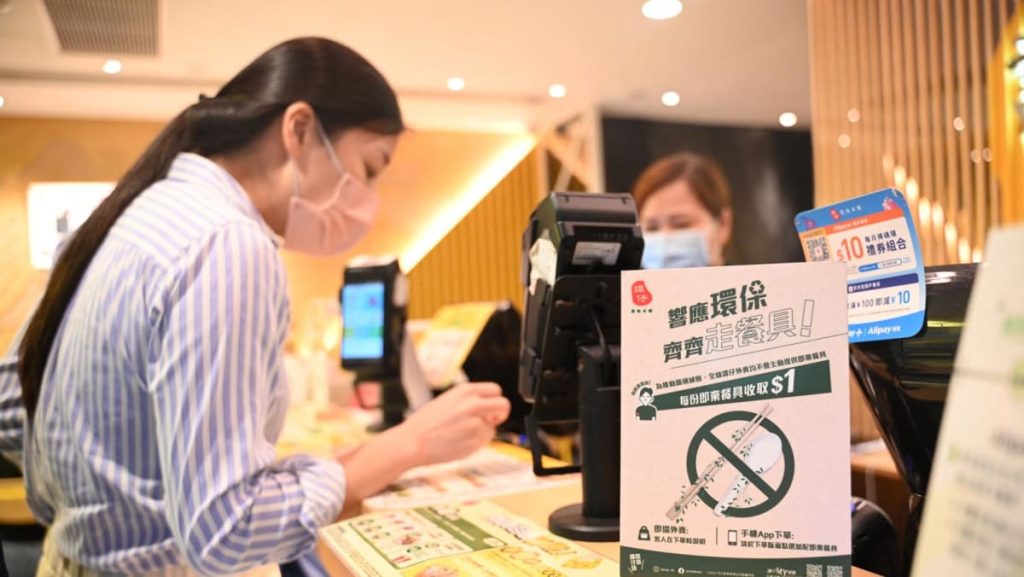in this first phase of the ban, including items such as plastic straws, plates, and cutlery. The goal of this initiative is to reduce the amount of single-use plastic waste that ends up in landfills and waterways, as well as to raise awareness about the environmental impact of plastic pollution.
According to Hong Kong’s Environmental Protection Department, the city generates over 6000 tonnes of plastic waste each year, much of which comes from disposable food containers and packaging. By implementing this ban, the government hopes to encourage businesses and consumers to switch to more sustainable alternatives, such as biodegradable or reusable products. This move comes as part of a larger global trend towards reducing plastic waste and promoting environmentally friendly practices.
While some businesses may initially struggle to adjust to the ban, there are resources available to help them make the transition. The Hong Kong government has launched a campaign to promote alternatives to disposable plastic products, as well as offering financial incentives to businesses that make the switch. Additionally, there are organizations and companies that specialize in providing sustainable packaging solutions for restaurants and other businesses.
Critics of the ban argue that it may place a burden on small businesses that rely on affordable disposable products for their daily operations. They also point out that plastic alternatives may not always be as environmentally friendly as they seem, as producing and disposing of biodegradable or reusable products can also have negative impacts on the environment. However, supporters of the ban believe that the long-term benefits of reducing plastic waste outweigh any short-term challenges.
In addition to the ban on disposable plastic products, Hong Kong has also implemented other measures to reduce plastic pollution, such as charging a fee for plastic shopping bags and promoting recycling programs. These efforts are part of a larger strategy to make Hong Kong a more sustainable and environmentally friendly city. By raising awareness about the importance of reducing plastic waste, the government hopes to create a culture of environmental responsibility among businesses and consumers.
Overall, the phased ban on disposable plastic products in Hong Kong represents a significant step towards reducing plastic waste and promoting sustainable practices. By working together with businesses and consumers, the government aims to create a cleaner and healthier environment for future generations. While there may be challenges in the transition to alternative products, the long-term benefits of reducing plastic pollution make this initiative a crucial part of Hong Kong’s efforts to combat climate change and protect the planet.


